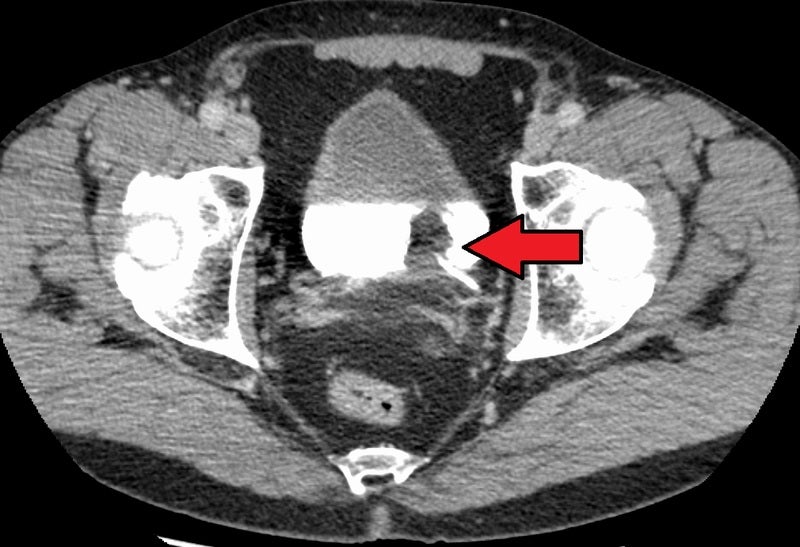
Seattle Genetics and Astellas Pharma have announced positive topline results from a pivotal Phase II single-arm EV-201 clinical trial of enfortumab vedotin to treat patients with locally advanced or metastatic urothelial cancer.
Results showed a 44% objective response rate (ORR) per blinded independent central review. The duration of response was consistent with the previous phase I study (EV-101).

Discover B2B Marketing That Performs
Combine business intelligence and editorial excellence to reach engaged professionals across 36 leading media platforms.
The investigational antibody-drug conjugate (ADC) Enfortumab vedotin targets Nectin-4, a therapeutic target that is highly expressed in multiple solid tumours including urothelial cancers.
The candidate secured a breakthrough therapy designation from the US Food and Drug Administration (FDA) for patients with locally advanced or metastatic urothelial cancer based on preliminary results from EV-101.
Later this year, the companies plan to submit a biologics licence application (BLA) to the FDA.
Seattle Genetics chief medical officer Roger Dansey said: “Despite recent approvals of multiple checkpoint inhibitors for previously treated locally advanced or metastatic urothelial cancer, there remains a high unmet need for effective treatments upon progression after initial chemotherapy and immunotherapy.

US Tariffs are shifting - will you react or anticipate?
Don’t let policy changes catch you off guard. Stay proactive with real-time data and expert analysis.
By GlobalData“These results for enfortumab vedotin indicate it may be able to help patients whose urothelial cancer progresses following treatment with standard chemotherapy and a PD-1 or PD-L1 inhibitor.”
At present, a global, randomised Phase III clinical trial (EV-301) is ongoing to support global registration as well as to serve as the confirmatory randomised trial for enfortumab vedotin for patients with locally advanced or metastatic urothelial cancer.
Last year, more than 82,000 people were diagnosed with urothelial cancer, making it the most common type of bladder cancer in the US.





